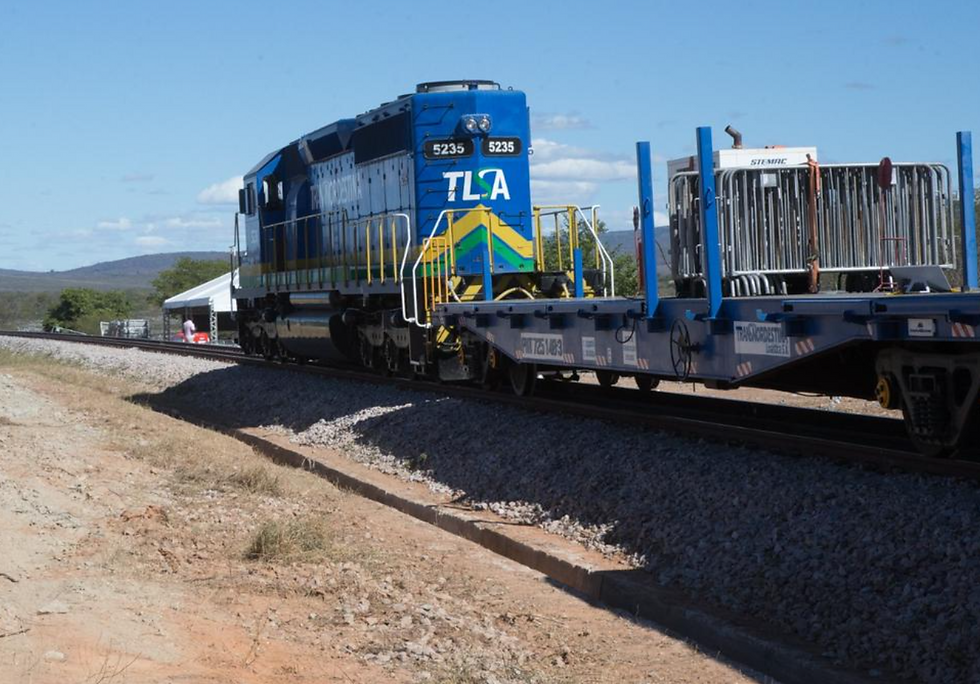The "São João" Miracle in the Local Economy
- Asteca Projetos RSV
- Jul 27, 2025
- 2 min read
Blesser Moreno — Master in Public Policy Evaluation
The approach of the June festivals, in Brazil Nortwest, is always accompanied by controversies related to public support for concerts and other events. Usually, when there is an announcement of artistic bookings, journalistic reports and administrative procedures emerge, questioning the values and criteria behind them. Legal and moral principles are also put under scrutiny.

Yes, the media and oversight bodies are fulfilling their legitimate roles, which is essential for the proper functioning of the Democratic Rule of Law. But it is also crucial to draw attention to other perspectives on this issue.
Ceará has 184 municipalities. Nearly 90% of these municipal administrations have fewer than 100,000 inhabitants. These are cities with budgetary limitations. Should these realities condemn such populations to being denied access to entertainment and leisure? More than that, is living far from a megacity or a metropolis enough reason for a citizen from Ceará to be unable to experience and relive the "São João" cultural tradition?
That should not be how public interest is interpreted! The right to culture can — and must — be universal. And this understanding applies whether it’s the "São João" festivities or not.
It is the role of the municipal administrator to seek public and private resources — in a planned and strategic manner — to make "São João" celebrations feasible. It's not about wasting money, but about investing it. Every cent spent on a June festival returns to the city coffers through taxes, job creation (both temporary and permanent), and increased demand in the retail market.
Let’s not forget the small street vendor selling hot dogs during the show, the local bakery that supplies bread to the entrepreneur, or the hardworking woman helping to prepare the sausages and sauce before the event. This is the economic cycle that begins well before the festivities and continues long after they end.
Obviously, it's not about a small town hiring a top punk rock band from the U.S. or Europe to perform in rural Ceará — and mayors know this! But under the pretext of protecting public funds, it’s hardly fair to criticize the hiring of a local, regional, or even national artist — especially at a reasonable cost.
The hot dog vendor, the family running the bakery, and the woman helping these small businesses — they’re all grateful. Just like the hundreds and thousands of people from Ceará’s many towns, whose names may never be widely known, but who benefit all the same.



Comments